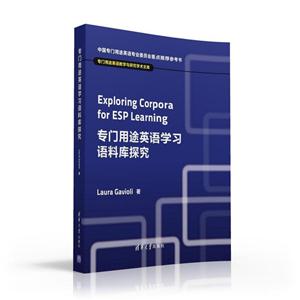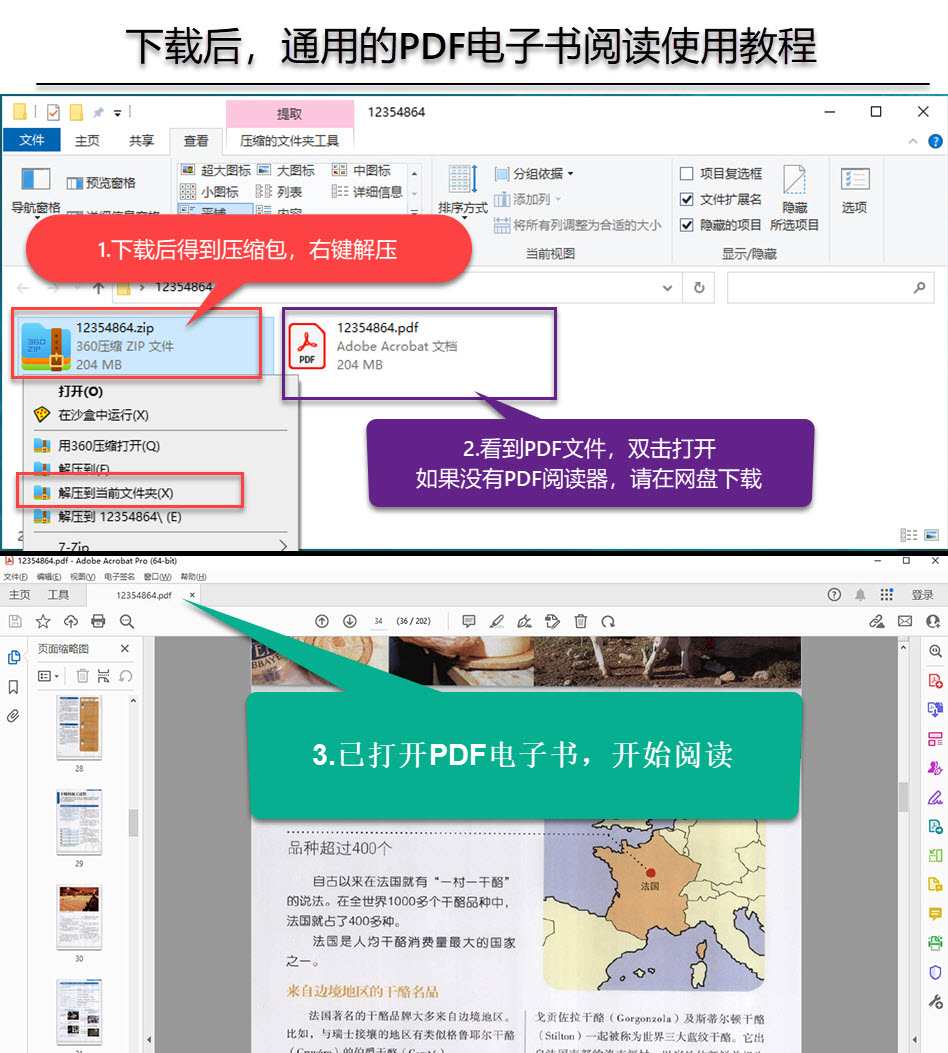专门用途英语学习语料库研究
本书特色
[
本书作者laura gavioli是莫德纳和勒佐艾米利亚大学的教授,多年来致力于语料库在语言教学、翻译教学和专门用途英语教学中的应用方面的研究。本书探究了基于语料库的学习方式对esp教学中二语习得的影响,全书共分七章:引言、语料库语言学和语言教学的背景概况、理论前提、语料库和专门用途英语的关系、教师如何指导学习者研究语料库和数据、学习者探索语料库的过程和语言产出结果,以及结论。本书内容聚焦语料库语言学和专门用途语言的结合点,探讨了数据驱动学习的理论前提,探索了学生自主学习的方法和可行性。结果表明,在教学中使用语料库数据分析的方法,可以引发有关语料库语言学从理论和实践两个角度对教学的意义进行讨论和反思。
本书对于语料库语言学和专门用途语言教学的教材设计者、应用语言学家、教师和学习者都具有很强的理论和实践指导意义。
]
内容简介
[
兼顾学术性、专业性、实用性和前瞻性特点全球甄选,原版引进,国内独家的esp学术精品中国专门用途英语专业委员会重点推荐参考书
]
目录
acknowledgments ixkey to abbreviations and acronyms xia note for the reader xichapter 1introduction 11.1 why this book? 11.2 corpora and “models” of language 31.3 why esp settings? 51.4 the corpora in this book 6 1.4.1 small corpora and specializedcorpora 6 1.4.2 description of the corpora usedhere.1.5 a word about concordances and concordancing tools 111.6 which learners? 121.7 how the book is organized 13chapter 2corpus linguistics and language teaching and learning: a background 172.1 language corpora in language pedagogy: the 90s debate 17 2.1.1 critical viewpoints 17 2.1.2 the contribution of corpusanalysis to language pedagogy 202.2 corpus analysis as a tool for language teachers 22 2.2.1 corpus analysis and syllabusdesign 23 2.2.2 supporting teachersexplanations 252.3 corpus analysis as a tool for language learners 27 2.3.1 the data-drivrn learningapproach 27 2.3.2 question一:should the teacher guide thelearners? 29 2.3.3 question 2: learners orresearchers? 30 2.3.4 question 3:is the result worththe effort? 322.4 conclusion 33chapter 3theoretical premises for teachers and learners 353.0 introduction 353.t learners looking at concordance data: what do they see? 363.2 language as idiom vs. language as a logical system 413.3 the contribution of corpus work to a “new” idea of language compositionality 42 3.3.1 the open-choice principle andthe idiom principle 43 3.3.2 the search for units ofmeaning 44 3.3.3 “unusuali丫and creativity 473.4 learners, “idioms” and corpus work 493.5 conclusion 50chapter 4corpus work, esp and language learners 534.0 introduction: from small to specialized corpora 534.t esp and specialised corpora: a happy marriage 55 4.1.1 esp, quantitative data andcorpus analysis: a natural development 55 4.1.2 esp and corpus work 564.2 specialised language and specialized teaching purposes 604.3 the continuum between specialized and general corpora 63 4.3.1 register variation acrossgenres句 4.3.2 identifying specificity 654.4 specialized language corpora and language learning 674.5 conclusion 69chapter 5guiding the learners to work with corpora and corpus data 715.0 introduction 715.1 type of material: samples vs. examples 72 5.1.1 task i: looking at theconcordance lines as samples 745.2 “what to look for” in a concordance: recurrence and typicality 76 5.2.1 task 2: focusing the students’attention on recurrent patterns 795.3 correlating output data and corpus texts 81 5.3.1 task 3: corpus data and corpuscontent 82 5.3.2 follow-up of task 3: leadingstudents to create corpora 845.4 conclusion 85chapter 6learners exploring corpora to observe and produce texts:spies in action 876.o introduction 876.1 corpora and esp learners: “spies” 886.2 using a small corpus of specialized texts to discover technical concepts go 6.2.1 a medical word: the case of theacronym “riba” 91 6.2.2 a word from economics: the caseof”bid” 94 6.2.3 conclusion 986.3 from a single corpus to more corpora: comparing data 99 6.3.1 how specialized is a specializedword? the case of the word”disorder.100 6.3.2 exploring corpora in differentlanguages: contrasting english and italiandata 1046.4 interacting with “the authorities”: completing or contrastingexplanations from reference materials and the teacher 109 6.4.1 the case of the progressivetense in medical research articles 1106.5 exploring corpora to produce texts 113 6.5.1 translating a medical abstract114 6.5.2 writing out apolitical speech1186.6 conclusion: from spies to “double-agents”? 123chapter 7concluding remarks 1277.1 three answers? 127 7.1.1 if learners are to behave asdata analysts, what should be the role of the teacher? 127 7.1.2 learners or researchers? 129 7.1.3 is the effort a worthwhileone? 1317.a corpus work and pedagogy: old or new questions? 1337.3 future developments 134 7.3.1 tools and teaching materials135 7.3.2 corpus-based dictionaries andlearners 136 7.3.3 corpus work and teachin州learning skills 137 7.3.4 serendipity 138 7.3.5 understanding “deviance”139 7.3.6 recurrence, deviance andlanguage awareness 1417.4 a concluding wish 142appendix 1 145appendix 2 147appendix 3 153appendix 4 157appendix 5 159references 165index 175
封面

书名:专门用途英语学习语料库研究
作者:嘉维利
页数:212
定价:¥42.0
出版社:清华大学出版社
出版日期:2016-06-01
ISBN:9787302436935
PDF电子书大小:46MB 高清扫描完整版
本文标题:《专门用途英语学习语料库研究》PDF下载
资源仅供学习参考,禁止用于商业用途,请在下载后24小时内删除!

